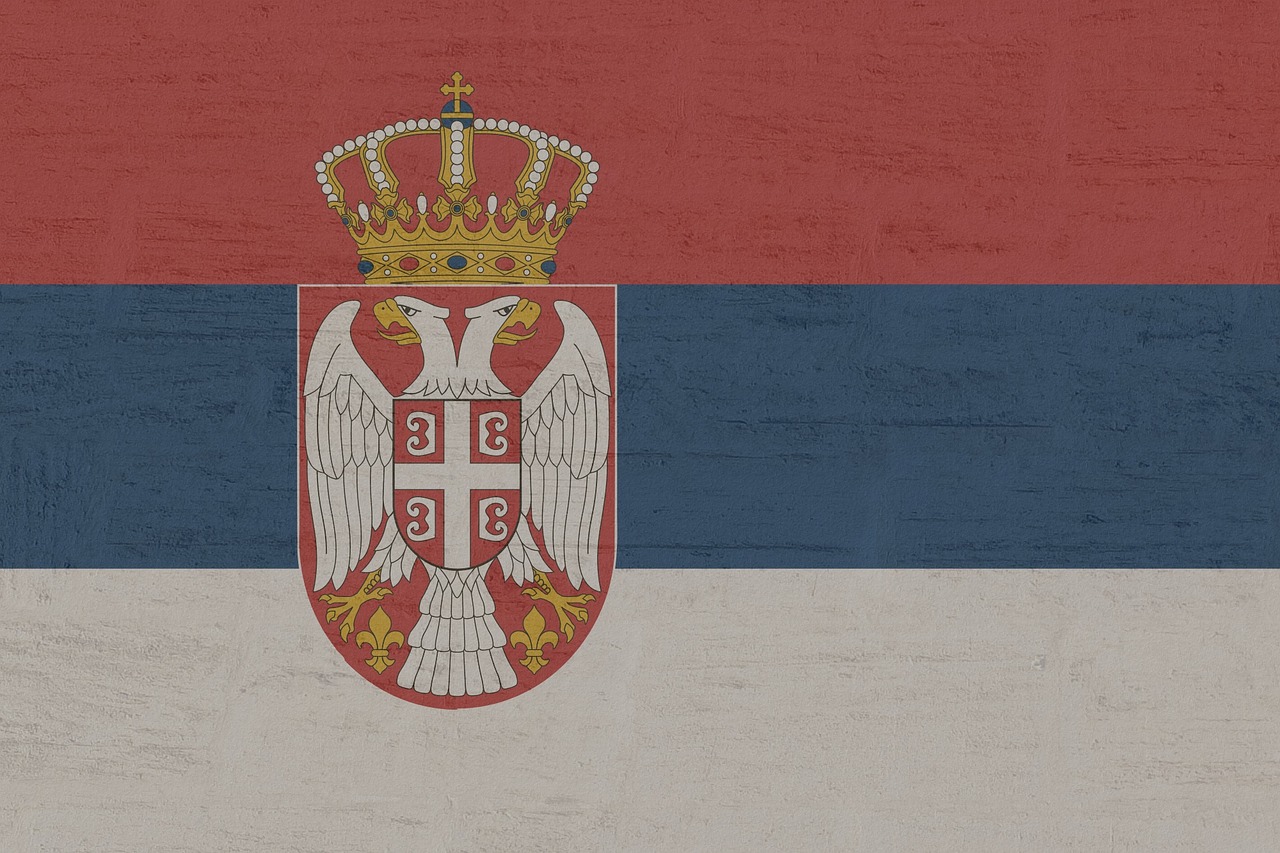Language and Communication: Overcoming Barriers in Serbia
Serbia, a country located in Southeast Europe, is known for its rich history, diverse culture, and beautiful landscapes. One of the key aspects that contribute to the country’s uniqueness is its language and communication. In this article, we will explore the various aspects of language and communication in Serbia, including the challenges faced and the efforts made to overcome barriers.
Language Diversity
Serbia is a multilingual country with several languages spoken within its borders. The official language is Serbian, which is written in the Cyrillic script. Serbian is widely spoken by the majority of the population and serves as the primary means of communication in various domains, including education, administration, and media.
Language Minorities
Apart from Serbian, there are several recognized minority languages in Serbia, including Hungarian, Bosnian, Romanian, Croatian, and Albanian. These languages are spoken by different ethnic groups residing in specific regions of the country. Efforts have been made to ensure the preservation and promotion of these minority languages, including the provision of education and media outlets in these languages.
- Hungarian: Spoken by the Hungarian minority, primarily in the northern province of Vojvodina. Hungarian-language schools and media outlets cater to the needs of this community.
- Bosnian, Croatian, and Serbian: These languages, collectively known as the Serbo-Croatian language, are spoken by the Bosniak, Croat, and Serb communities. They are mainly used in regions with a significant presence of these ethnic groups.
- Romanian: Spoken by the Romanian minority in the Banat region, Romanian has official status in certain municipalities. Romanian-language education and media are available to support this community.
- Albanian: Spoken by the Albanian minority, primarily in the Preševo Valley region, Albanian is recognized as an official language in certain municipalities. Albanian-language education and media outlets cater to the needs of this community.
Language Barriers
While Serbia’s linguistic diversity adds to its cultural richness, it also presents challenges when it comes to effective communication. Language barriers can arise in various contexts, such as education, business, tourism, and social interactions. These barriers can hinder understanding, limit opportunities, and create misunderstandings between different language communities.
Education
In the field of education, language barriers can affect students from minority language communities. Access to quality education in their native language is crucial for their academic success and cultural preservation. Efforts have been made to provide bilingual education options and promote the inclusion of minority languages in the curriculum.
Business and Tourism
Language barriers can also pose challenges in the business and tourism sectors. Serbian is the dominant language used in official transactions and communication, which may pose difficulties for non-Serbian speakers. However, many businesses and tourist establishments have recognized the importance of multilingualism and have started providing services in multiple languages to cater to a diverse clientele.
Interethnic Communication
Interethnic communication can be affected by language barriers, especially in regions with a significant presence of different ethnic communities. Effective communication among different language groups is essential for fostering understanding, social cohesion, and cooperation. Language learning programs and initiatives have been implemented to facilitate interethnic communication and promote integration.
Overcoming Language Barriers
Serbia has undertaken various initiatives to overcome language barriers and promote effective communication among its diverse communities. These efforts aim to foster inclusivity, cultural understanding, and equal opportunities for all.
Language Education
Language education plays a crucial role in overcoming language barriers. The Serbian education system recognizes the importance of multilingualism and offers opportunities for language learning. Bilingual education programs, language courses, and language exchange initiatives contribute to enhancing communication skills and promoting intercultural dialogue.
Translation and Interpretation Services
To facilitate communication between different language communities, translation and interpretation services have become increasingly available. These services play a vital role in bridging the language gap in various domains, including legal proceedings, healthcare, tourism, and business transactions. Professional translators and interpreters ensure accurate and effective communication between individuals who speak different languages.
Technology and Communication Tools
Advancements in technology have provided new opportunities for overcoming language barriers. Online translation tools, language learning apps, and communication platforms with built-in translation features enable individuals to communicate effectively despite linguistic differences. These technological advancements have greatly contributed to breaking down language barriers and promoting global communication.
Conclusion
Language and communication play a significant role in Serbia’s diverse society. While language barriers can present challenges, Serbia has made commendable efforts to overcome these barriers and promote effective communication among its various language communities. Through language education, translation services, and technological advancements, Serbia continues to foster inclusivity, understanding, and cultural exchange.
Serbia Image 1:

Serbia Image 2:

Serbia Image 3:

References
– Official website of the Government of the Republic of Serbia: www.srbija.gov.rs
– Ministry of Education, Science, and Technological Development: www.mpn.gov.rs
– Hungarian National Council: www.hnv.org.rs
– Romanian National Council: www.nacionalnemanjine.rs
– Office for Human and Minority Rights: www.ljudskaprava.gov.rs
– Serbian Chamber of Commerce: www.pks.rs
– Serbian Tourist Organization: www.serbia.travel

